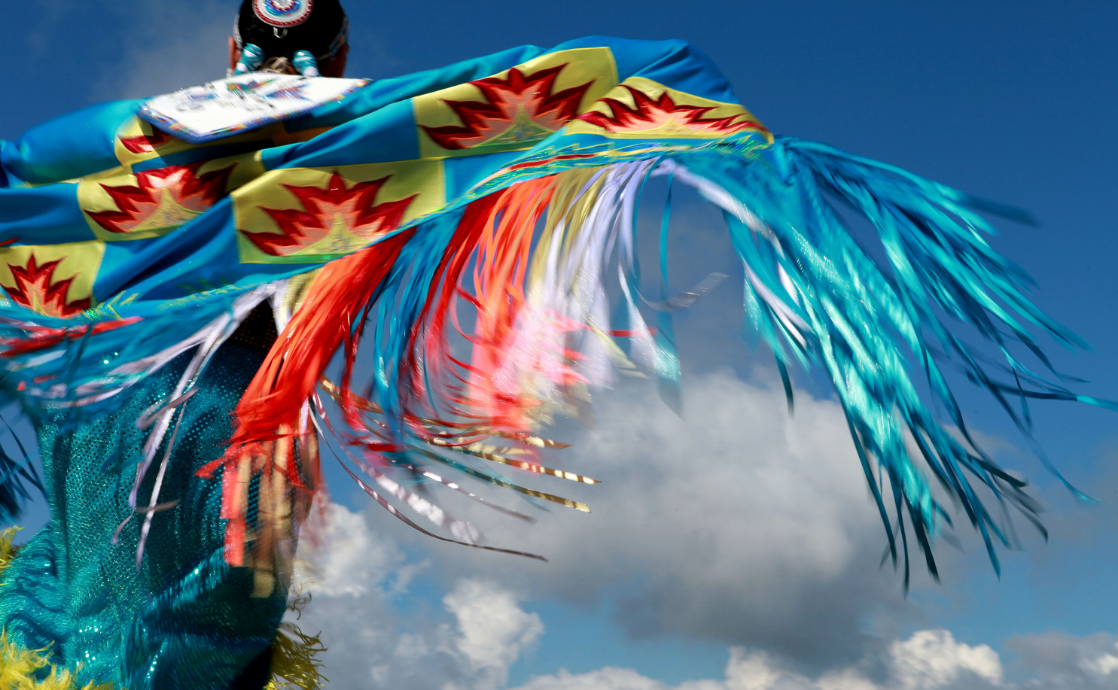In exploring the intricate tapestry of Bahá’í teachings, one fascinating thread emerges through the lens of Native American spirituality, particularly as articulated by Patricia Locke, a prominent Bahá’í figure. Locke’s perspective invites an in-depth examination of how Bahá’í principles resonate with, and can illuminate, the manifestations of God as articulated within Native American traditions. This reflection offers not only an appreciation for diverse religious narratives but also an acknowledgment of their interconnection and mutual enrichment.
At the heart of Locke’s teachings lies the fundamental Bahá’í principle of unity in diversity, which posits that all religions stem from the same divine source and contribute to humanity’s spiritual evolution. This tenet is particularly salient when discussing Native American manifestations of God. Many Native American belief systems emphasize a profound relationship with the Creator, often embodied in the natural world. Such a perspective echoes the Bahá’í assertion that God is manifest in the beauty and complexity of creation, prompting inquiry into how different cultures articulate this divine presence.
One observation frequently noted is the reverence that both Bahá’ís and many Native American traditions hold for nature. For instance, Locke underscores that indigenous practices often incorporate a sacred understanding of the Earth, wherein natural phenomena are viewed not merely as resources but as manifestations of the divine. This perspective challenges the modern, anthropocentric worldview that frequently underpins environmental degradation. Instead, it aligns with Bahá’í aspirations for ecological stewardship and the protection of the planet, reinforcing the idea that caring for the Earth constitutes a spiritual obligation.
Moreover, the concept of God’s manifestations in various forms is crucial in both the Bahá’í Faith and Native American spirituality. In Bahá’í belief, figures such as Bahá’u’lláh are seen as manifestations of God, each providing teachings and guidance tailored to the needs of their respective communities. Similarly, Native American beliefs often highlight various prophets or spiritual teachers who have arisen throughout their history, providing insights and wisdom that resonate with their unique cultural context. This parallel raises an intriguing question about the universality of divine intervention across different cultural and historical landscapes.
Locke’s emphasis on the significance of ceremonial practices among Native Americans further illustrates how spirituality transcends mere ideology and enters the realm of active engagement with the divine. Ceremonies serve as vibrant expressions of community identity and a means to access sacred wisdom, a concept that aligns seamlessly with Bahá’í communal practices. Such rituals are not solely for individual enlightenment but are a collective endeavor aimed at fostering unity, healing, and understanding within the community. This communal aspect resonates deeply with Bahá’í initiatives that promote social cohesion and collaboration across diverse groups.
To delve deeper into the intersection of Bahá’í teachings and Native American spirituality, one must also consider the principles of justice and equality, which are foundational to both. Locke’s work highlights the struggles faced by Native American communities in their continuous quest for recognition and respect within a broader socio-political framework. In this context, the Bahá’í emphasis on justice—both social and economic—becomes particularly relevant. The teachings advocate for the eradication of prejudice and the promotion of equality, principles that align with indigenous aspirations for autonomy and moral dignity. Such a correlation fosters an understanding of how different religious ideologies advocate for similar core beliefs, particularly in their responses to systemic injustice.
Furthermore, the exploration of identity within Bahá’í and Native American thought unveils another layer of complexity. Locke’s discussions illuminate the notion that identities are not monolithic; rather, they are fluid and evolve through interactions with cultural, historical, and spiritual influences. The Bahá’í encouragement to celebrate and embrace one’s cultural heritage while simultaneously working towards a global community reflects an understanding that personal and communal identities are integral to the unfolding of spiritual truth. The celebration of Native American identities within the Bahá’í community serves as an exemplification of this principle; it acknowledges the richness of indigenous perspectives while fostering a broader dialogical space for spiritual growth.
In concluding this examination, it is paramount to recognize the nuanced interplay between Patricia Locke’s teachings and the broader Bahá’í perspective on Native American manifestations of God. The reverence for nature, the celebration of cultural identity, the pursuit of justice, and the embrace of communal spiritual practices coalesce to form a compelling narrative that transcends divisions. Through such an understanding, individuals are invited to explore the deeper resonances of spirituality across different cultures, ultimately leading to a more harmonious and integrated global society.
Through the collective embrace of these profound teachings, followers of the Bahá’í Faith and Native American traditions alike can find pathways to transcend cultural boundaries, fostering unity of purpose and shared aspiration toward divine truth.
